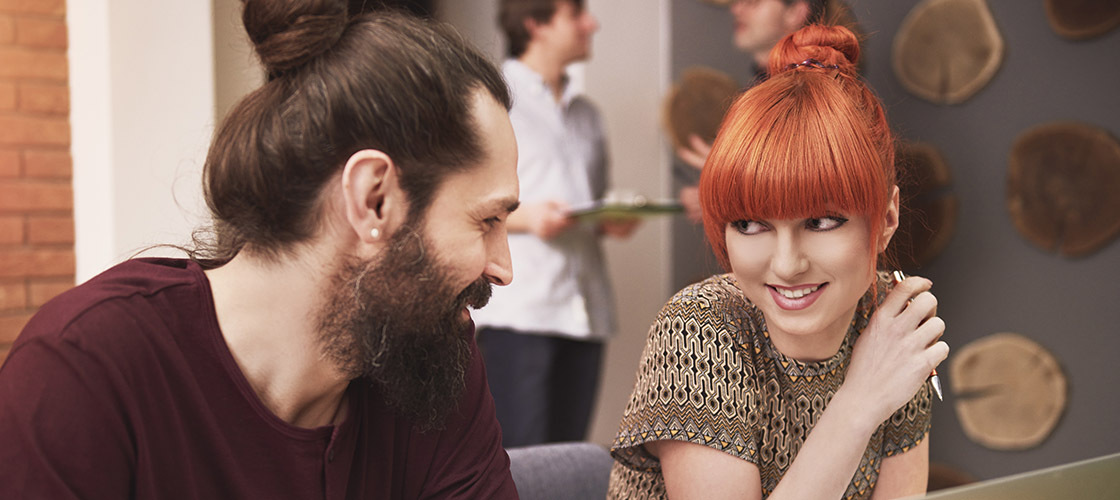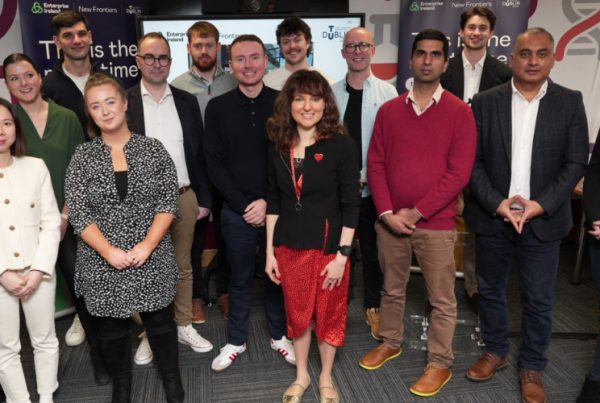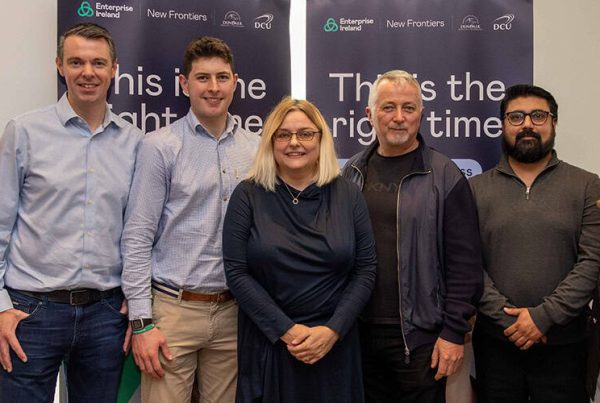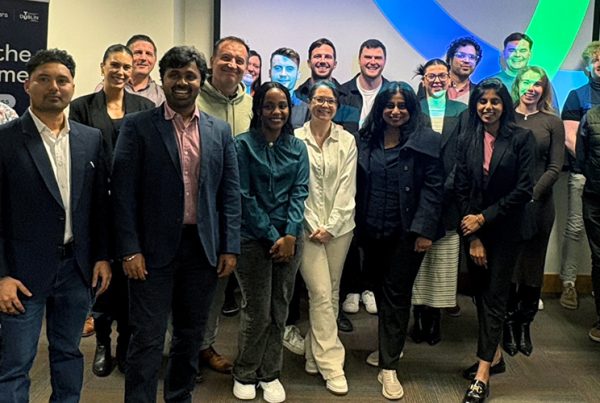

Congratulations! If you’re thinking about expanding your workspace then you must be enjoying some startup success right now. You have secured enough customers to have the confidence to make the big move and you want to be fully prepared to take on any extra work. It’s an exciting time, but important decisions need to be made!
With coworking spaces popping up all over Ireland, it is no longer a given that a startup should have its own private office. There are advantages and disadvantages to both scenarios and which work environment you should choose all depends on your specific needs and priorities. However, we can provide you with some helpful food for thought to guide you through your decision-making process.
Coworking spaces as a budget-friendly option
The main draws for opting for a coworking space are flexibility and cost-saving. Renting private office space is a big commitment and cost for any business, but the return of Celtic Tiger pricing is exacerbating the issue. If you’re looking to rent office space in the capital in 2019-20, you can expect boom-era prices at over €60 per square foot! This doesn’t take into account the cost of insurance, rates, utility bills, cleaning services or the added expense of furniture and technology.
On the other hand, coworking providers offer more affordable hourly, daily, weekly, monthly, and annual rates, so you can find a payment option that suits you with a predictable, fixed cost. Dogpatch Labs, for example, is a popular choice for its impressive facilities and is located at the heart of the city centre. They charge €200 per month to hot desk and €400 per month for a dedicated desk. Included in this cost is all utility bills, all service charges, access to meeting rooms, the kitchen, fibre-based internet, the receptionist, as well as refreshments. Another high-quality coworking space is The Tara Building, which keeps a busy calendar of events for its members to get involved in and offers a private, lockable office at €350 per desk. It’s worth shopping around and find the best fit for you.
Compromising on security and productivity
There is an ongoing debate as to whether coworking spaces end up costing businesses with regards to security and/or productivity. While there are advantages to working alongside other business professionals, it can end up being more of a hindrance than a benefit if your work style doesn’t sync well with an open-plan coworking environment.
Privacy is scarce in coworking spaces. If you are hot-desking, you will literally have no idea who you will be sitting beside from day to day. By relinquishing control of fundamental elements of your work environment – such as noise levels, atmosphere, space and seating arrangements – you take the risk that every day is different and not necessarily in a good way. While we all like to think everyone is as courteous and considerate as we are, this is not a given and dealing with these issues in a coworking environment is not as straightforward as it would be in your own private office.
Apart from the potential distractions that come with sharing your work environment, security is another concern. Consider the kinds of discussions you will need to have on a regular basis with your employees, investors, advisors, and clients. How often do you need to discuss sensitive information? Determine if you’re happy for this information to be potentially overheard by other businesses. If your only concern is the weekly meeting, then coworking could still be a good option for you. All you need to do is book the meeting rooms which are available in most coworking spaces.
How beneficial is networking for your business?
If you are just starting out and find that growing your network of business contacts is proving more of a challenge than you expected, deciding to work in a coworking space could be the perfect solution. Coworking spaces are a hub of creative activity. These unique ecosystems enable business professionals, with their various skills and levels of experience, to come together and create coworking communities.
The best thing about this is that most of these companies will also be startups. By entering a coworking environment, you have instant access to entrepreneurs who are going through all the same trials and tribulations as you are! You will have the opportunity to learn from each other, share your stories and act as each other’s sounding boards. The invaluable business opportunities that can be fostered in this kind of environment are limitless.
Many coworking spaces capitalise on this attractive networking opportunity by holding events, primarily for the purpose of aiding the development of supportive business relationships. These can vary from a simple breakfast spread to yoga sessions to happy hour to guest speakers. You’ll easily find an event that will suit you and attract the type of people you would prefer to work with. But if you want our advice, we say dive right in and try them all! You never know who you could meet and how far that relationship could take you and your business.
About the author
 Scarlet Bierman
Scarlet Bierman
Scarlet Bierman is a content consultant, commissioned by Enterprise Ireland to fulfil the role of Editor of the New Frontiers website. She is an expert in designing and executing ethical marketing strategies and passionate about helping businesses to develop a quality online presence.
Recent articles

The New Frontiers Programme Connects 158 Founders With Success Stories

Raise Your Startup’s Visibility & Credibility By Entering These Competitions

Founder Perspectives: Lessons From Building Businesses In Sustainability

Tech Startups In The Age Of AI: Alumnus Paul Savage On Speed, Quality & Risk

Fourteen Startup Founders Graduate From Phase 2 Of New Frontiers In Tallaght

Eleven Founders Graduate From New Frontiers In The Border Mid-East Region

Laying The Right Groundwork Helps Startups Prepare For Export Success

 Scarlet Bierman
Scarlet Bierman


